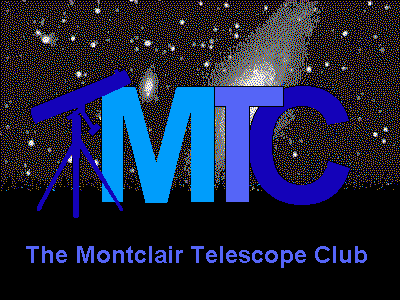General
Information
In the late 1950s the AAI moved its meeting location to a more southerly town
making the trip a longer one for a small group of about eight members who were
primarily interested in telescope making. These individuals decided to form their
own club specifically devoted to the making and use of home built astronomical telescopes.
In the late 60s the MTC decided to construct a 16-inch Newtonian/Cassegrain
telescope which took a special award at the 1967 Stellafane convention. It was
later named the Kimball-Kennedy Telescope after two of the founding members who were
instrumental in its construction.
Over the years the club members have constructed many telescopes, several of which
have also taken awards at Stellafane for both optical and mechanical excellence.
More recently the activities of the club has expanded to include the
construction and use of CCD imaging cameras.
Meetings
MTC has about 30 members and
holds its meetings at 8:00 p.m. on the Saturday evening closest the new moon at the
Bischoff residence at Lake Kemah in Hampton Township, near Newton.
Activities
The primary activities of the club are the construction and use of astronomical
telescopes, CCD cameras and related equipment, and their use at the dark sky site
at Lake Kemah.
How
to get in touch
Write:
The Montclair Telescope Club
c/o Gene Bischoff
2 Blue Heron Lane,
Newton, NJ 07860-6838
Phone:
Gene Bischoff - (973) 948-5284
E-mail:
Gene Bischoff -
bischoff@garden.net
Other
Items of Interest
Over the years the 16-inch Kimball-Kennedy Telescope has had many homes.
It was first located in the White Observatory in Nutley, NJ.
It later became the first instrument installed in the Sheep Hill's observatory in Boonton.
Later it found a home at the Morris Museum Astronomical Society's observatory.
However, when the Morris Museum
expanded, over the location of the observatory, the telescope was put into storage at
the residence of Gene Bischoff. In 1997 the Kimball-Kennedy Telescope was
generously donated to the
UACNJ to be put into one of its seven planned observatories at Jenny Jump State Forest.
|

